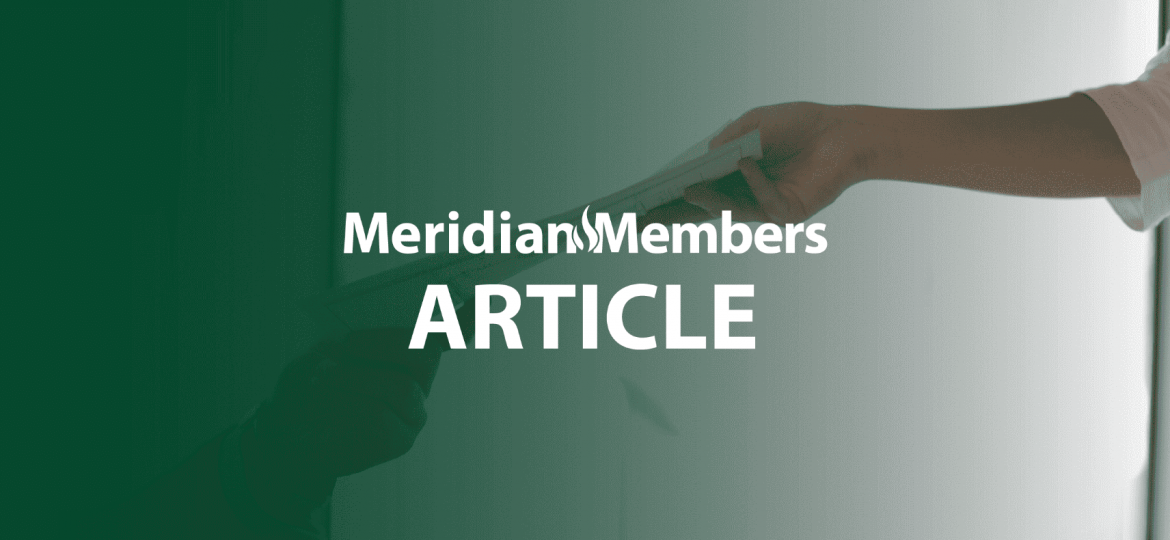
Loan agreements usually contain two kinds of covenants: performance and prohibitive. Performance covenants seem to get the most attention. These include current ratios, debt to worth, profitability measures, etc.
Prohibitive covenants, however, are often located in the very fine print of a loan agreement. Since they look like standard boilerplate, they are often overlooked and not negotiated. These covenants, though, can unknowingly cause major problems and even default. Here are the most common and troublesome prohibitive covenants.
Debt Restrictions—Many agreements state that the borrower cannot incur any additional indebtedness after signing the loan agreement. In essence, you go out and buy a new Ford F-150 pick-up, finance it through the dealer, and you are in default on your multi-million dollar mortgage. Oops!
A more reasonable approach is to allow for an annual ceiling on additional debt without prior permission.
Leases—Some marketers think they can get around the debt covenants by using leases. You’ll find that most agreements that prohibit new loans also prohibit new leases. Again, negotiate a reasonable dollar amount.
Officer Salary—Many agreements are written that cap salaries at a percentage of profit. An extraordinary loss, for instance from an environmental situation or lawsuit, would put the owner in default with even one meager dollar in salary. If your lender feels compelled to control your salary, use a dollar restriction, not percentage of profit. In a sub S corporation, make sure this dollar amount is in addition to required taxes. Some bankers forget that about 50% off the bottom ends up going to Uncle Sam.
Sale of Assets—Check to see if your loan agreement prohibits the sale of assets, particularly if you plan on updating old equipment or selling off a non-profitable site or division.
Purchase of Assets—Even in agreements that don’t restrict debt, you may be faced with asset purchase restrictions. A more reasonable approach is to specify an annual maximum purchase level that is acceptable.
Ownership/Management Changes—If you fire your general manager, will you suddenly be in violation of your loan covenants? The answer may be yes! It’s surprising how many large banks include “management” in their prohibitive covenants. This is one area of boilerplate you should definitely strike.
In summary, don’t sign off and agree to prohibitive covenants you know you will violate. First, read all the fine print, then modify the agreement to realistically meet your needs. Your request may be met with resistance, but be persistent. Bankers will tell you that you must sign their standard agreement as is. You tell them if they want your business, they’ll have to modify that agreement. They can and will with a little insistence.

